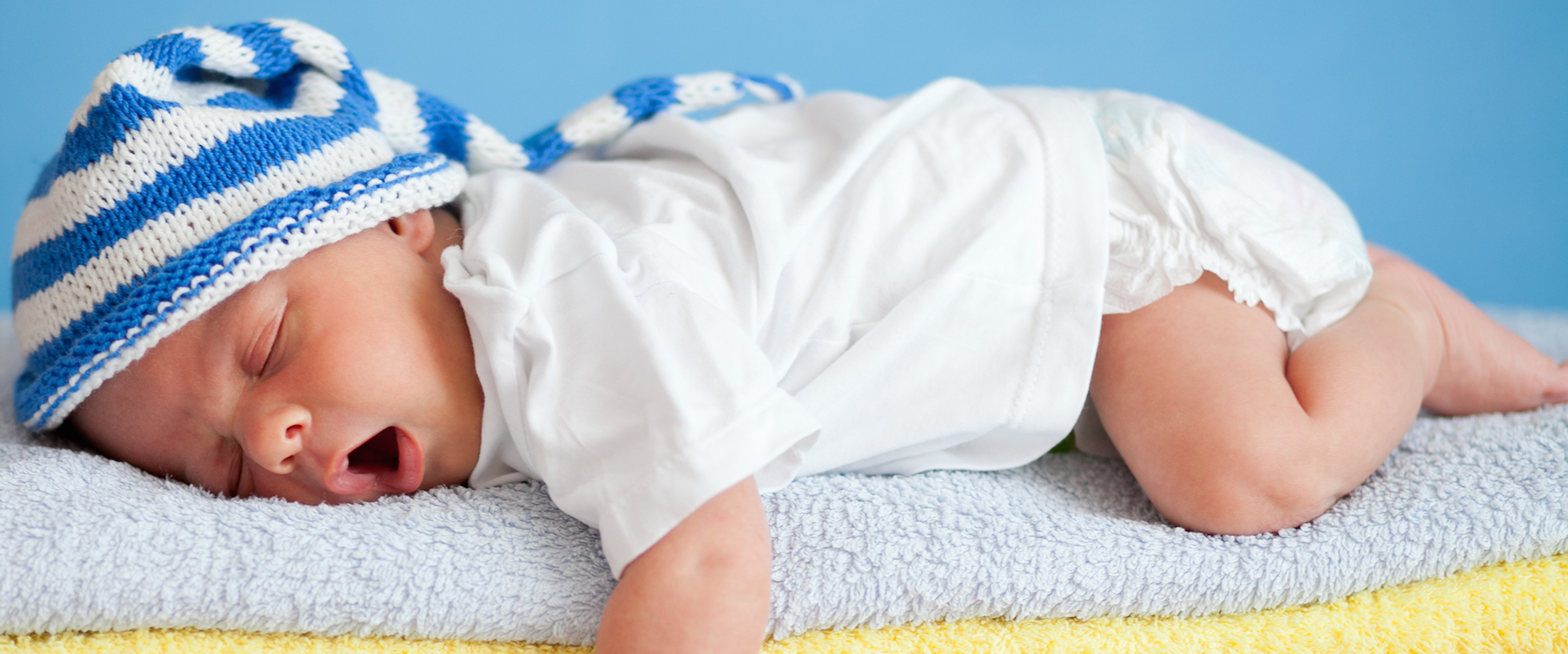If it seems as though you just can’t get to bed early enough, perhaps you should look at what you do in the hours leading up to bedtime. Our habits before we lay down for our nightly snooze not only impact how long it takes to fall asleep, but they can affect how well-rested those hours of sleep will make you feel. We’ll share the 5 most-important sleep hygiene tips to maximize those hours between laying down and popping up in the morning.
Nap with caution
Naps can be a lifesaver for those days when you desperately need a mid-day recharge. However, when you do take naps, try to pay extra attention to how long it takes you to fall asleep at night. Our bodies can be extremely sensitive to when, and for how long, we nap.
If you find you really struggle to fall asleep (leading you to need to take a nap the next day), try moving your nap to earlier in the day and/or see if a shorter period of time gives you the same boost. Hopefully, with a little experimentation, you’ll find the perfect napping recipe for you.
If you can’t seem to nap without disrupting your regular bedtime schedule, try to focus on getting better sleep overall. Ideally, you’ll feel better-rested and eliminate the need to nap at all – perhaps some of the next tips will help with that.
Be wary of what goes in your body (and when)
It’s pretty common knowledge that caffeine and sugar right before bed will make snoozing more challenging. For those who are more sensitive to caffeine than others, consuming caffeine within 6 hours of bedtime can cause problems – you may not even realize that afternoon coffee is interfering with your sleep (leading you to need more coffee).
Alcohol can make you sleepy and ease the process of dozing off, but it comes with a big price for restfulness. The alcohol dehydrates you (which is what causes hangovers) which on its own can disrupt your sleep quality. Additionally, alcohol suppresses breathing (similar to sleep apnea) and as your body begins to metabolize the alcohol during the second half of the sleep cycle, your body will naturally be more awake – both of which disrupt your REM cycle.
A small snack before bed can help you fall asleep, but be careful with sugar, chocolate (which has caffeine), and larger portions. These will all boost your metabolism and make it harder to fall asleep.
Get some exercise
We have all heard plenty about the benefits of exercise: better weight, more energy, a stronger heart and lungs, an immune system boost, and stress relief. Exercise can also help you fall asleep and for some of the same reasons.
When we feel better and more energized as a result of exercise, it helps put our mind at ease which can promote the right mindset to fall asleep quickly. Intuitively, exercise helps tire us out and make it easier to relax and catch Zzzs.
Be careful about exercising too soon before bed, however, as that will have your body wide awake and energized, and it can take awhile for your metabolism to come back down.
A good routine is your friend
A relaxing bedtime routine can help keep you on pace to get to bed at a good time and also prepare your mind and body for sleep. Relaxing activities like reading, meditation, or preparing your to-do list for the next day can be great bedtime prep routines.
Associations can also be very powerful, and if you associate your bed for doing work on your computer or watching movies, you may struggle to think of your bed as, primarily, your place to sleep. For that reason, it’s often best to minimize activities like watching TV, using a computer, or doing actual work from happening in the bedroom.
Minimize light exposure
Try to incorporate a reduction of the amount of artificial light during the course of your bedtime routine, and wind down use of electronic screens and bright lights. Light inhibits the release of the hormone melatonin, which is a chemical that prepares your body for sleep.
Additionally, ambient light in a room can disrupt deep sleep and prompt you to fall asleep more slowly and wake up earlier. Bright blue lights from alarm clocks and electronics in your room can be especially harmful to your sleep. If you can, try to block those lights and use effective shades on your windows to block streetlights, moonlight, and the sun in the morning.
From you
We hope these are helpful tips, what are some of the routines and tips you have? Feel free to share with us in the comments below!

